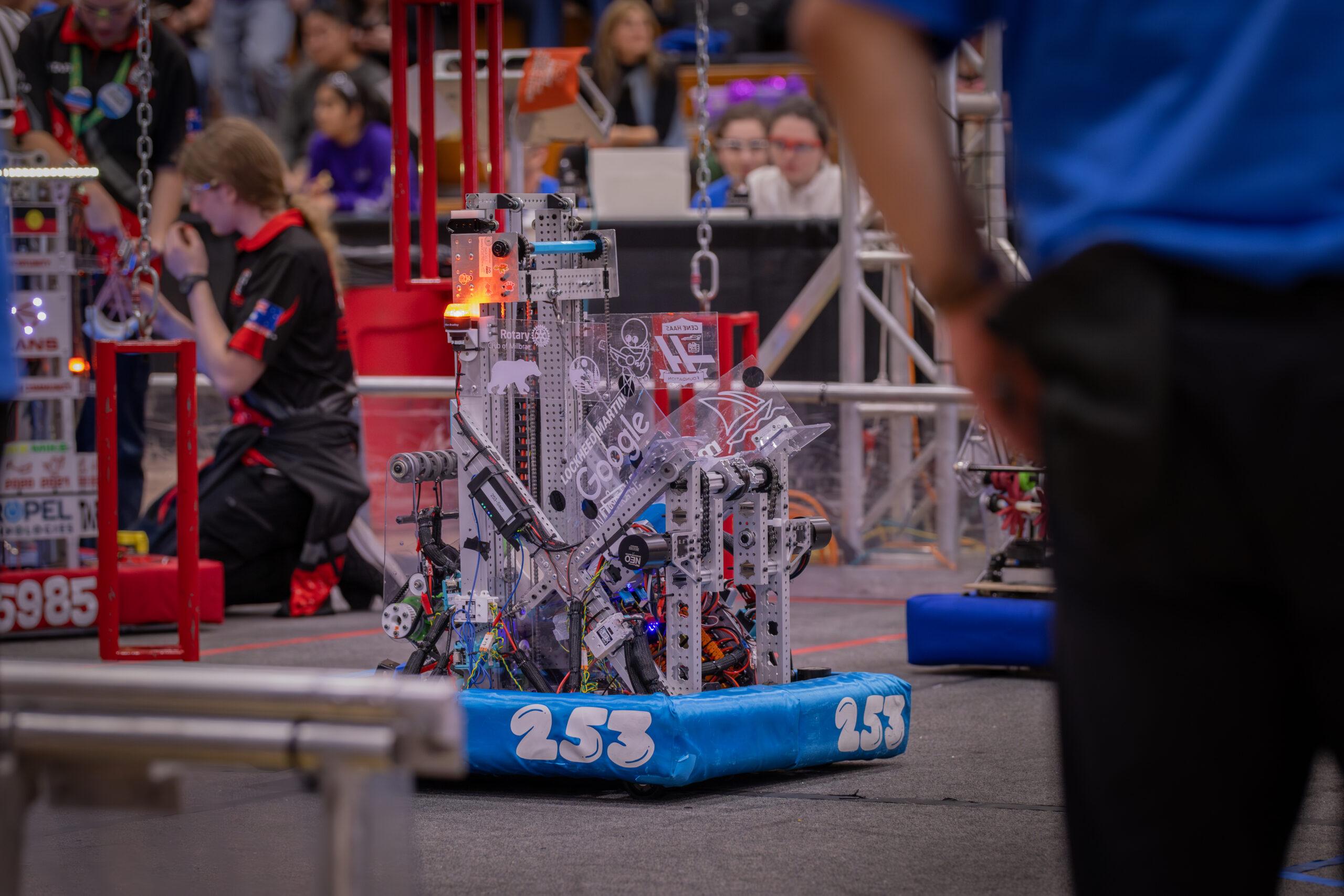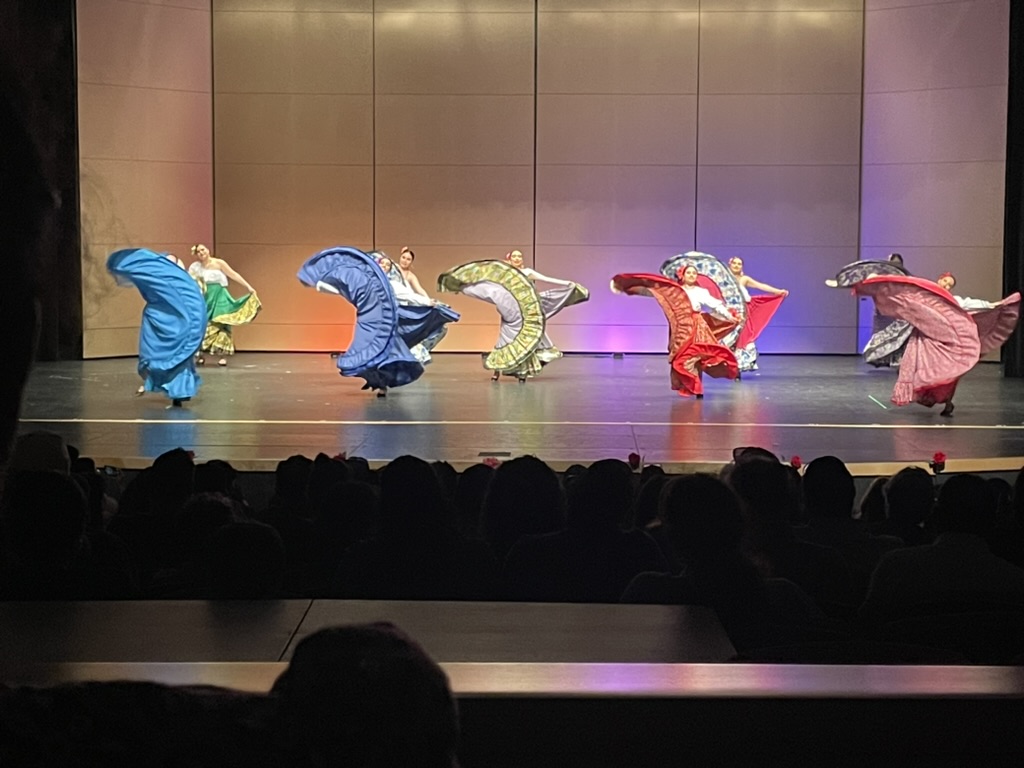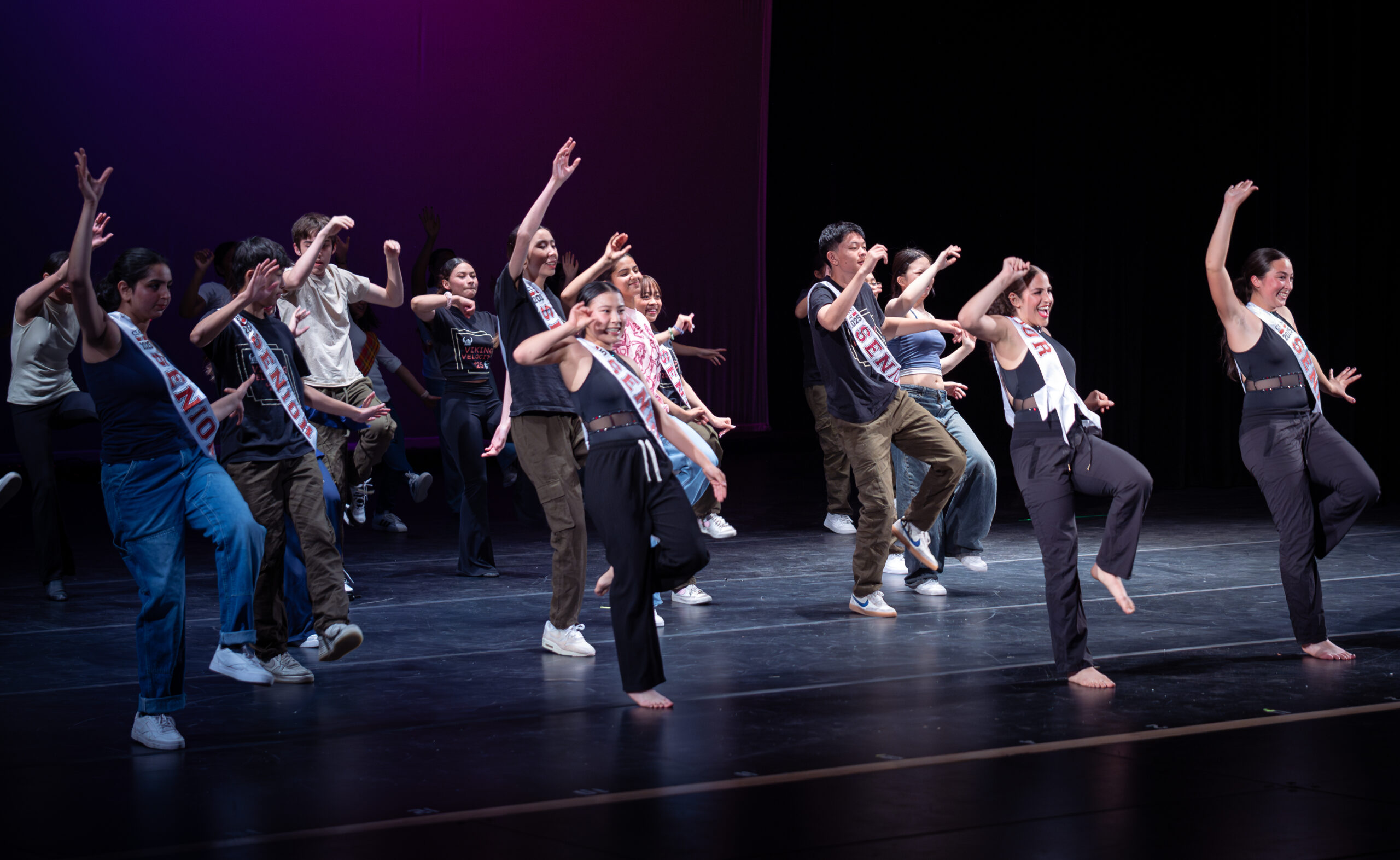
By Justin Condevillamar, Thunderbolt Editor
The events that have resulted in the death of George Floyd were widely condemned by most people; The resultant demands for change from activist group,Black Lives Matter,has the most unilateral support in recent history. However, backlash against the recent protests have developed from previous sentiments held from past Black Lives Matter protests and the social turmoil created from violence during the demonstrations, such as the formation of the All Lives Matter and Blue Lives Matter movements.
Black Lives Matter (BLM) emerged as an internet movement over the acquittal of former officer George Zimmerman, who shot Treyvon Martin during a physical altercation, but came into national prominence after the death of Michael Brown. BLM led protests in Ferguson, Missouri and around the country, demanding the conviction of Darren Wilson, which didn’t happen. The resultant protests and rioting across the country caused the first series of criticisms and countermovements against BLM from various groups of people such as All Lives Matter, Blue Lives Matter, traditional conservatives, and the neo-conservatives (alt-right). Many of these same groups would have similar criticisms over the protests caused from George Floyd’s death.
The largest and most popular opposition movement against BLM is the All Lives Matter (ALM) movement, supported by many conservatives. ALM’s primary grievance is over the apparent exclusivity of the BLM cause towards African Americans,viewing the “Black Lives Matter” moniker as inherently racially divisive by focusing exclusively on injustices against the black population, instead of everybody. Many proponents of the BLM movement criticised ALM for their apparent denial of racial discrimination, while more neutral figures attempted to bridge the gap between the two movements, claiming that the BLM movement didn’t only support the interests of black lives.
The Blue Lives Matter movement was created after the killings of New York Police Department (NYPD) officers Rafael Ramos and Weijan Liu in 2014, where many police departments and supporters advocated for the targeting of police officers to be treated as a hate crime. The Blue Lives Matter movement primarily denounced BLM for their platform against the police and their apparent perpetuation of anti-police violence. They were also concerned over the implicit reduction of police power through the increased scrutiny over their actions by the public. Black Lives Matter has criticized Blue Lives Matter for treating a job as highly as a racial group, and that police have traditionally been viewed higher in society than many African American communities. They also claim that supporters of the Blue Lives Matter movement indirectly support discriminatory practices, such as racial profiling.
During the 2016 presidential election, many Republicans denounced the Black Lives Matter movement for their stance against law enforcement, their apparent exclusivity towards the black population, and the perpetuation of racial divisions. Many supporters of far-right movements such as White Lives Matter and the alt-right have cited the emergence of BLM as an example of the spread of anti-white racism. Many democrats were sympathetic towards the movement, but were criticised by BLM over their past actions, such as the 1994 Violent Crime Control and Law Enforcement Act passed under Bill Clinton.
The protests after the death of George Floyd has resulted in the return of many of these sentiments against the resurgent Black Lives Matter movement, while new ones were developed over the conditions surrounding the protests and new the demands for reforms by BLM and its increased supporter base. While the vast majority of people, even including many of BLM’s critics, agree that the death of George Floyd was a homicide, some have cited Floyd’s criminal history as justification for not supporting the protests in his name. The protests themselves have also included widespread rioting and looting, the highest seen since the Martin Luther King Jr. assassination riots and the 1992 Los Angeles Riots, which was also resultant of police brutality.
This violence is the main source of dissent against BLM, as many critics believe that they sponsored the rioting through increased aggression during the protests or that they are acting as a catalyst for extremist groups to cause further social unrest, such as the “Boogaloo Bois” who were responsible for the killings of multiple officers. Some critics viewed the protests and the rioting as an excuse to attack law enforcement, pointing out the burning of Minneapolis’s third precinct; BLM refutes those accusations through citing police violence against protesters and bystanders. The critics of BLM, along with many supporters have detested the mass looting during the protest, with critics blaming BLM and the protests for either sponsoring or allowing the opportunity for people to loot businesses through diverting police attention and increasing social unrest. BLM themselves have condemned the looting and is actively supporting black businesses. Some people among the Far Right have accused celebrities, companies, and social media of supporting the rioting and looting during the protests through supporting the Black Lives Matter movement. Many in the health community such as Centers of Disease Control director Robert Redfeild and US Surgeon General Jerome Adams have raised concerns over protesting during a pandemic and a lockdown, fearing that the large public gatherings will lead to a COVID-19 resurgence during the fall.
There have been many objections against the proposed police reforms by BLM and government officials, fearing that decreased police power would worsen the conditions seen during the early rioting. Many among the Right have criticised the antagonization of the police by BLM, claiming that spreading distrust of law enforcement would only cause further divisions between the police and the African American community. Others fear that in the future, police will become increasingly ineffective because of fears of repercussions over their actions, described originally as the “Ferguson Effect.” Proposals to defund the police have been criticised by the law enforcement community, fearing that defunding police would result in increased crime rates. The disbanding of police departments in cities like Minneapolis have been widely denounced over concerns of the development of lawless societies such as the Capitol Hill Autonomous Zone in Seattle and the collapse of the rule of law.
The countermovements and criticisms against the Black Lives Matter during the George Floyd protests have mostly been relatively small and more isolated than in previous cases. However, the George Floyd incident has brought race back to the forefront of political issues for the 2020 elections in November. Whether the anti-BLM sentiment will have a greater effect on American society is yet to be seen.
Photo: Thin Blue Line Flag: The Thin Blue Line Flag is the official symbol of the Blue Lives Matter movement.





